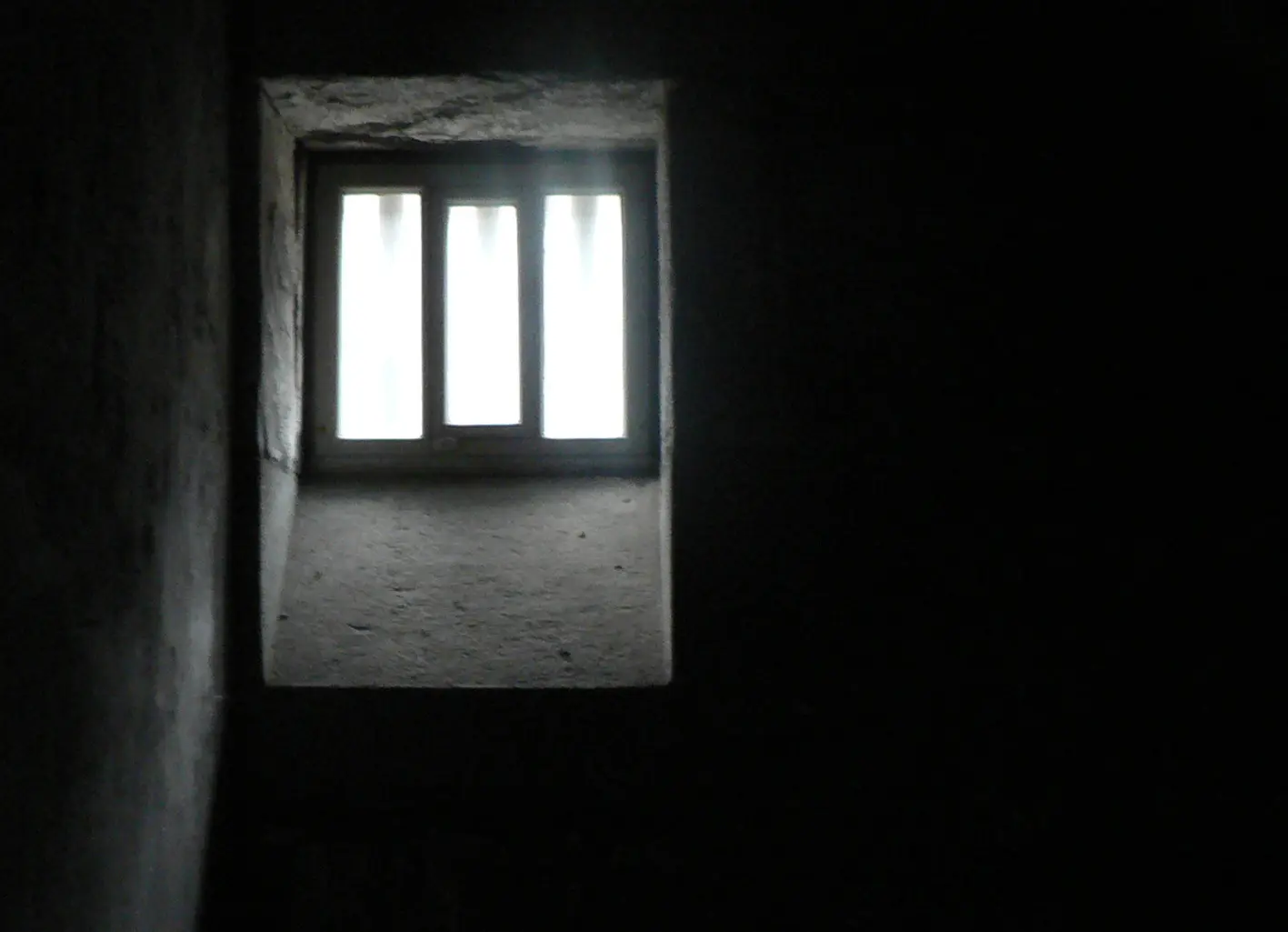
13 February 2019, Blantyre, Malawi – Following a Malawi High Court order in June 2018, Bvumbwe and Kachere Prisons have now responded to the order to release children from prison. The civil society organisations which brought the court application for the release of the children welcomes the government’s implementation of the court’s order.
“The welfare of children in prison has always been a serious matter of concern. The conditions in our prisons are appalling, including food shortages, disease and serious overcrowding. Our laws have recognised that prisons are not suitable for children and we are encouraged that the prisons have responded positively to remove children from prisons,” said Victor Mhango, Executive Director of the Centre for Human Rights Education, Advice and Assistance.
Background to the court case
In February 2018, civil society organisations brought a case challenging the incarceration of children in prison. The application was argued by Fostino Maele and supported by the Centre for Human Rights Education, Advice and Assistance, Youth Watch Society and the Southern Africa Litigation Centre.
The application and judgment was premised on the constitutional provision which says that children in conflict with the law should be imprisoned only as last resort, should be separated from adults, and should be treated in a manner that is consistent with their dignity and best interests. The court ordered that all children detained at Kachere and Bvumbwe prisons pending trial should be transferred to safety homes and that those children who were found liable by a competent court be transferred to a reformatory home within 30 days. In the absence of designated safety homes, children were released into the custody of their parents.
Legal framework
The Child Care, Protection and Justice Act of 2010 provides that only in exceptional circumstances can a child be detained before a finding of responsibility for commission of an offence. A child can be detained in a safety home or reformatory centre. The Act further states that no child shall be imprisoned for any offence. The court accordingly affirmed that it was illegal to detain or remand a child in a prison. The law further specifically provides that children in conflict with the law should be brought before designated Child Justice Centres and not ordinary magistrates’ courts.
Conditions in prison
The application related specifically to the detention of children in Kachere and Bvumbwe prisons. The Inspectorate of Prisons in its 2016 report to Parliament noted that Kachere prison “is a health disaster in waiting”. The report noted several concerns including a severe shortage of food including days where inmates receive no food, the risk of disease outbreak, the risk of the building collapsing, and a shortage of blankets. Regarding Bvumbwe prison, the Inspectorate of Prisons’ report noted that cells were poorly ventilated and toilets inside cells were without running water.
The World Prison Population Brief has noted higher rates of imprisonment of children in Southern Africa, compared to the rest of the continent. The percentage of persons in prison who are children are highest in Malawi (7,7%), Mozambique (8,6%) and Botswana (10,4%). In many countries, children are also incarcerated with adults. “This case sets an important precedent for our region,” says Anneke Meerkotter, Litigation Director at the Southern Africa Litigation Centre, “Incarceration of children is a serious indictment on our society and the child justice system in our region, and violates the requirement that children’s best interests are at the core of all decisions relating to children.”
The judgment is available online at:



